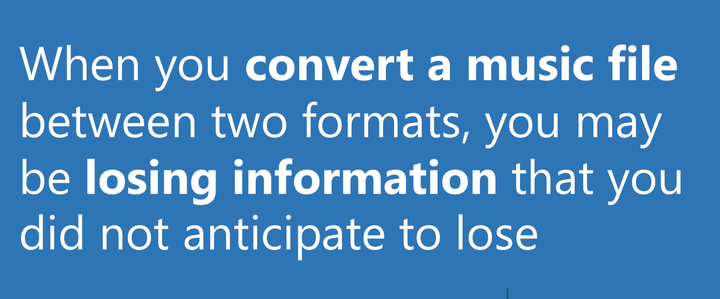The Effects of Translation Between Symbolic Music Formats: A Case Study with Humdrum, Lilypond, MEI, and MusicXML
 Effects of Translation Between Symbolic Music Formats
Effects of Translation Between Symbolic Music FormatsAbstract
After encoding or translation, symbolic music files are prompt to contain discrepancies that may lead to distinct interpretations in different software. In this paper, we investigate the effects of translating four collections of symbolic music files that have been distributed in different formats: Humdrum (**kern), Lilypond, Music Encoding Initiative (MEI), and MusicXML. The corpus of symbolic music files used in our experiment corresponds to four collections of music scores from the common practice period of Western music obtained from well-established projects and websites. The sources we selected have made their scores publicly available and distributed them in different symbolic music formats. We firstly present a survey of the possible ways that files can be translated between these formats, we then apply each translation path to all the symbolic music files in our corpus, and we finalize this paper by searching for the effects and discrepancies that the translations add to the converted files. An initial analysis of our experiment shows that discrepancies were introduced—to a greater or lesser extent—in all of the translation paths that we tested. The discrepancies involve changes in the duration of the notes, articulations, and the offset of a note in the translation with respect to the same note in the original file. Additionally, several files cannot be translated or parsed after the conversion. We present a brief summary of the circumstances related to these problems.